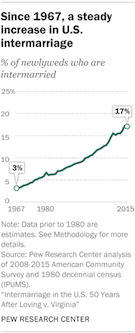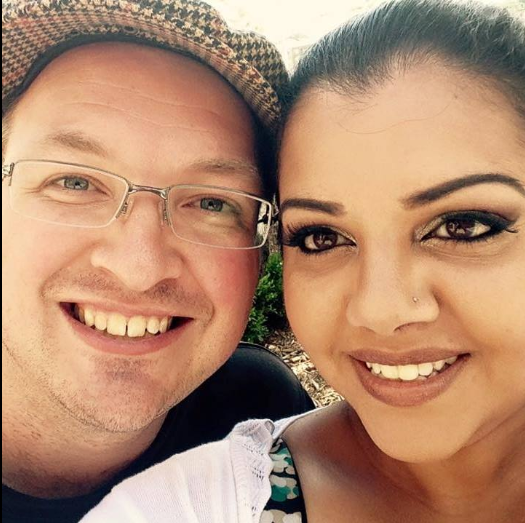States Make Changes
By declaring Virginia’s anti-miscegenation law unconstitutional, interracial marriage became legal. After the ruling, marriages between black and white people increased by 378 percent from 1970 to 1992.
In 1998, voters in South Carolina removed the ban on interracial marriages that existed in their state’s constitution since 1895. Alabama soon followed, getting rid of their miscegenation laws in 2000.



